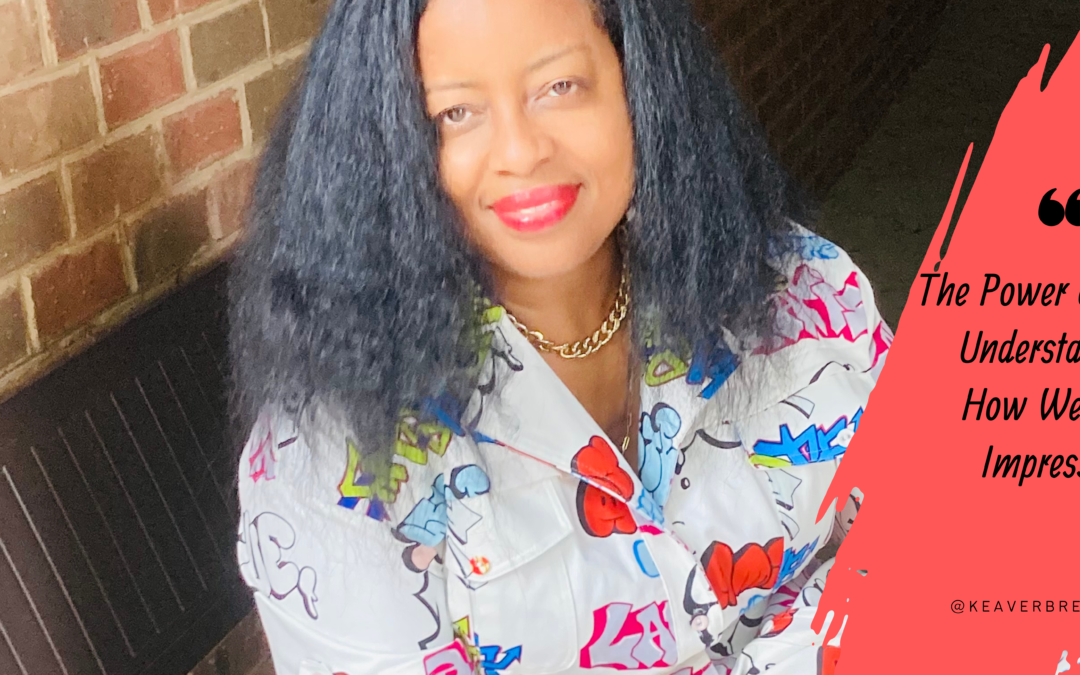The Power of Voice: Understanding How We Form Impressions
Have you ever listened to someone for the first time and formed an impression of their appearance or identity based solely on their voice? We often pick up accents, make assumptions about age, and even speculate on physical appearance based on what we hear. But what is it about the voice that gives away these clues? And can we trust these impressions that we form?
The voice is a powerful tool that can convey emotions, express personality, and even shape our perceptions of the speaker. The tone, inflection, and pace of a person’s voice can paint a picture of their mood and mental state. For example, someone who speaks quickly and confidently may be perceived as energetic and assertive, while someone who speaks softly and slowly may be seen as introverted and hesitant.
How a person speaks can reveal necessary information about their background and upbringing, such as their regional accent or education level. Accents and dialects often reflect a person’s childhood and upbringing’s geographic, cultural, and linguistic influences. For example, someone with a distinct Southern drawl may have grown up in the southern United States, while someone with a polished British accent may have attended a prestigious school.
However, it is important to remember that our perceptions of others based on their voice are only sometimes accurate. Our biases and preconceptions can often cloud our judgment and lead us to form incorrect conclusions. Additionally, our mental state can also impact the way we perceive others and the impressions we form.
While the voice can be a powerful tool for understanding others, it is essential to approach these impressions with a critical and open mind. By being mindful of our biases and preconceptions, we can strive to form a more accurate and fair understanding of others based on their voice.
Subscribe to our blog here for more tips and information.



Recent Comments